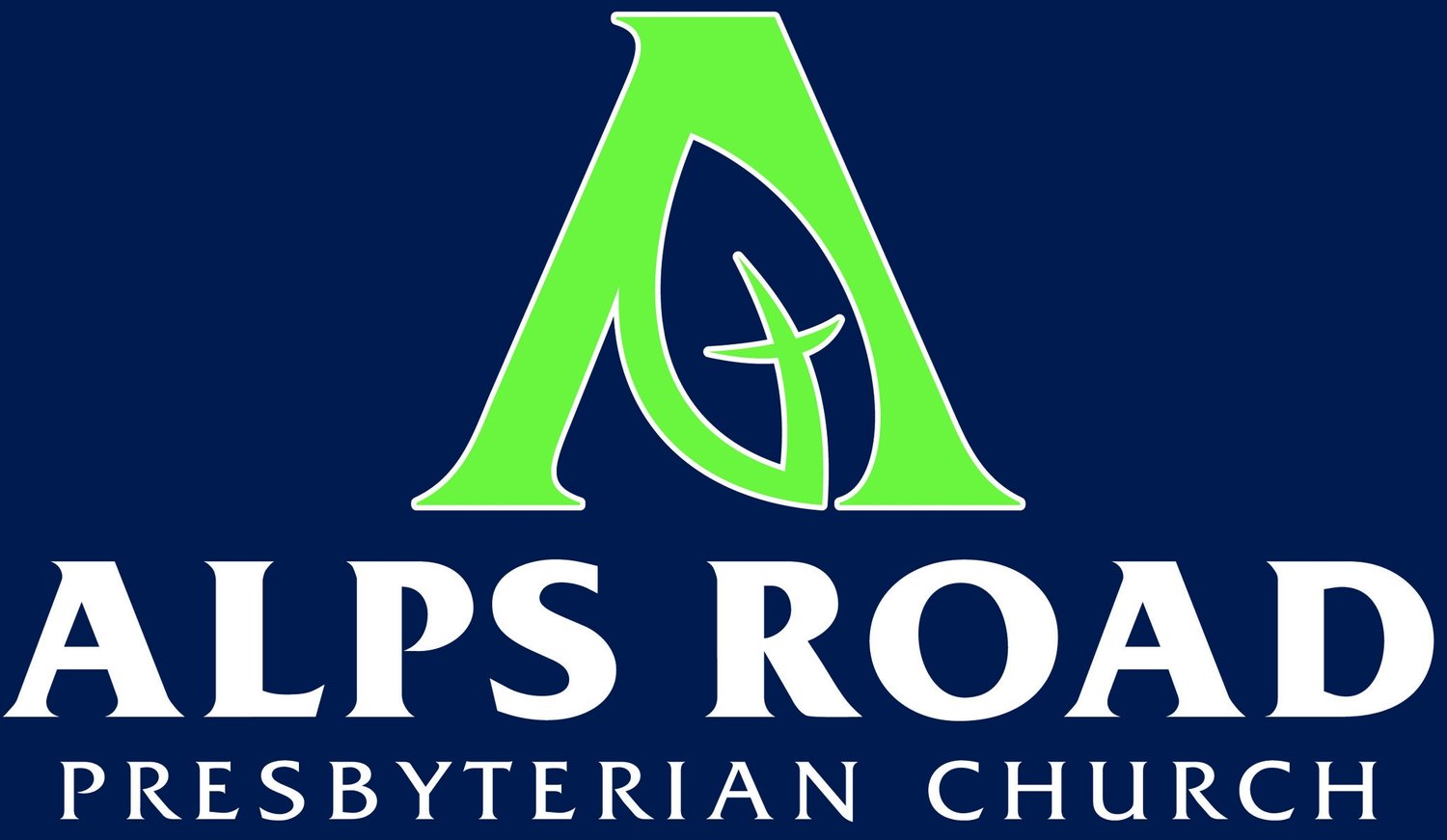Luke 20:2 Explained: The Authority of Jesus vs. the Religious Leaders
“Tell us by what authority you do these things? Who is it that gave you this authority?” Luke 20:2
The issue of authority is important. Questions of authority can often be answered simply. When the police officer pulls you over for a traffic violation, it is clear whose authority is preeminent – the police officer’s. In other situations it may be less clear. The dispute about authority was one of the sources of tension between Jesus and the religious leaders.
In Luke 20, Jesus was questioned about his authority. Several things had happened that upset the religious leaders. He had just entered the city of Jerusalem to the Messianic praises of the people on Palm Sunday. Upon entering the city, he drove from the temple the moneychangers and those who sold goods. This was particularly egregious since the temple was the responsibility of the chief priests, and Jesus did so without consulting them. In addition, every day he spent long hours teaching the people and healing the sick. The chief priests wanted to know who gave him the right to act so boldly in the temple which was not under his authority or control. “Tell us by what authority you do these things? Who is it that gave you this authority?”
Jesus responded by asking them a question. “The baptism of John – was it from heaven or from man?” Why did Jesus not answer the religious leaders directly? It might be because they were not open to his words. They only wanted to catch him in some verbal mistake. Instead, he engaged them in a battle of wits. His question raised a dilemma for the chief priests. They dared not say that John’s baptism was from man because the people admired John. They could not say that John came from God because they did not embrace him. When they replied that they did not know, Jesus responded that he would not tell them on whose authority he was acting.
Why did Jesus mention John the Baptist? It may be because his ministry gave witness to Jesus’ divine appointment. It was at Jesus’ baptism by John that the voice from heaven said, “This is my beloved Son in whom I am well pleased.” Though the religious leaders probably did not know that this had happened, if they had embraced John, they would have. Not embracing John’s ministry was a first sign of their hardness of heart.
Why did the religious leaders not embrace John? We might think that anyone calling the people to repentance would be appreciated. What is wrong with repentance? Even the chief priests should have been enthusiastic. One reason for their disapproval was that John’s ministry bypassed the temple. It offered the people a way of forgiveness that did not require the services of the temple or the priesthood. It made the act of repentance a work of God’s Spirit and took it away from the control of the temple. John’s ministry was a threat to the temple and its finely tuned rituals and practices.
John the Baptist is a transitional figure in the Bible. He stands between the Old Testament and the New. John passes the baton to Jesus in the transition to a new way of life with God. The transition takes place at the baptism of Jesus. From that point onward, Jesus has the baton, and a new era has begun. Why does Jesus have the authority to do what he did? Because he was the promised Messiah, the king who was to come. His authority was greater than the chief priests, the temple, and the Old Testament. He did not need permission from the priests to do what he did. His authority came from God above.
The religious leaders realized that they could not defeat Jesus with their intelligence. Their only option was the use of force. Little did they know, however, that their actions would facilitate the great plan of God and Christ’s giving his life for the sins of the world. His death at their hands would make the temple and their roles obsolete.
